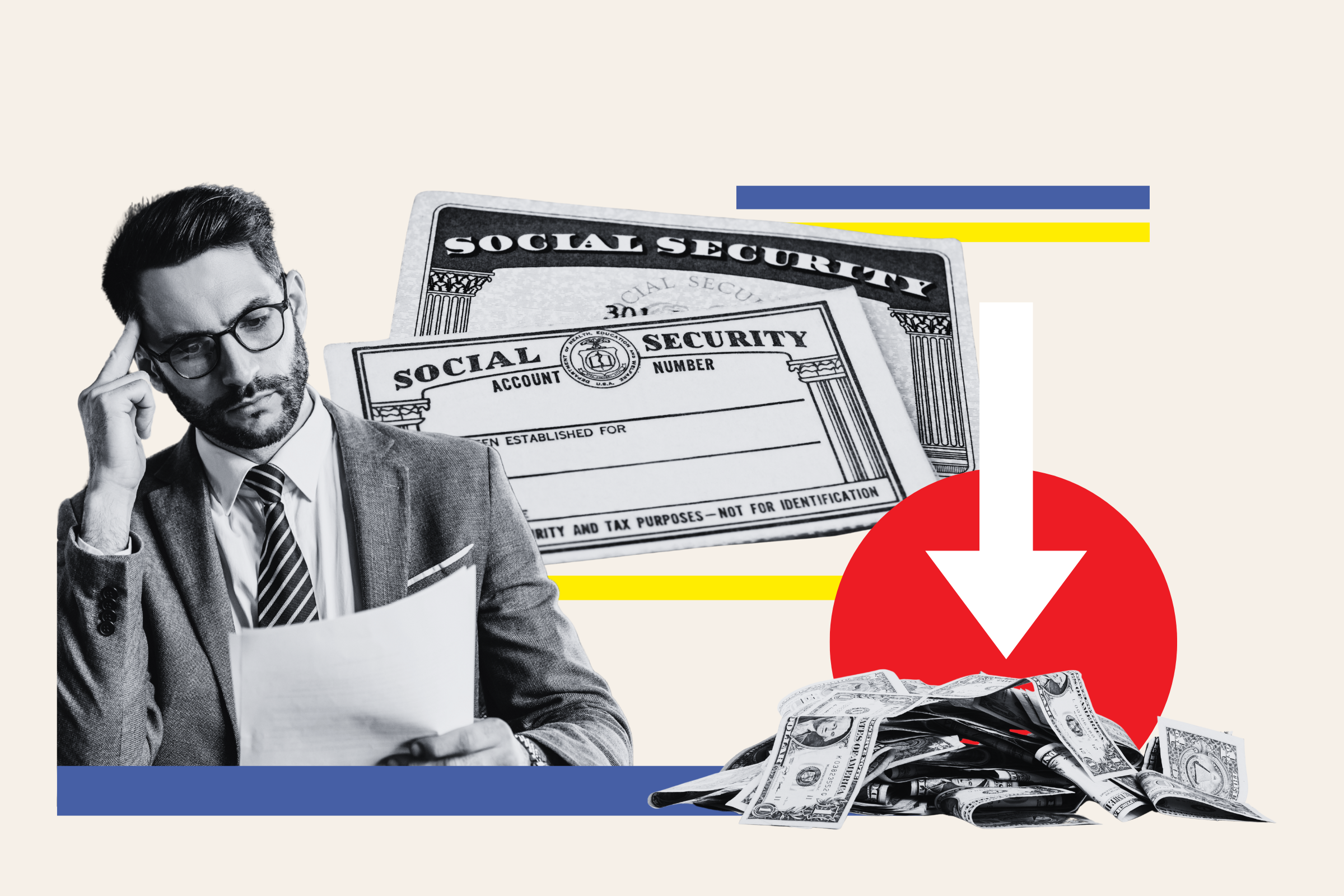President Donald Trump promised on the campaign trail that he would usher America into a fresh era of economic prosperity. But jitters were felt on Wall Street last week when Trump decided to move forward with 25 percent tariffs on nearly goods imported from Mexico and Canada, and an additional 10 percent on Chinese imports. Trump acknowledged the move may not be well-received, at least in the short term, telling Congress there might be "a little disturbance.
" The probability of a recession—which is defined as a prolonged (usually two quarters) and widespread decline in economic activity—is growing, according to analysts. A JP Morgan report raised the likelihood of a recession to 40 percent, an increase from 30 percent at the start of this year, cautioning that U.S.

policy was "tilting away from growth." Meanwhile, Mark Zandi, chief economist at Moody's Analytics, increased his forecast of a recession from 15 percent to 35 percent, attributing the increased probability on Trump's tariffs. What's more, last week's GDP forecast from the Federal Reserve Bank of Atlanta pointed to a contraction in annualized growth to -2.
8 percent for the first quarter of 2025. Recessions can have a profound impact on everyone . They often mean a rise in unemployment, declines in manufacturing and production, and lower spending, all of which are characteristics of recessions that have hit the U.
S. And those looking forward to withdrawing their life savings could be in for a bumpy ride. "The impact of a recession on 401(k) funds is huge, especially if a large portion of your funds are heavily invested in the stock market," Yuri Nosenko, wealth advisor at Imperial Fund Asset Management, told Newsweek .
Advice From Experts In short, the value of your investments is likely to go down. But experts that spoke with Newsweek roundly agreed with one sentiment: those with retirement funds, no matter what stage of life they're in, should not panic about their money . Regardless of the economic outlook, "pre-retirees should continue contributing enough to maximize employer 401(k) matches," Ben Bakkum, senior investment strategist at Betterment, told Newsweek .
"Market downturns are a normal part of investing, as returns are always tied to the level of risk you take," Bakkum said, advising that while savers may feel nervous, weathering the economic storm is the best option. "While volatility can feel unsettling, selling investments and giving up on the market out of fear often locks in your losses rather than allowing time for recovery," he said. "A recession would negatively impact account balances and the country's labor market, yet it would also provide opportunities for the disciplined investor.
" He advised keeping up with regular payments into your fund, and while you may see its value drop, you're still likely to come out better off at the other end. "In fact, continuing to make regular contributions to a retirement account like a 401(k) out of each paycheck, even during a downturn, can ensure that you get invested at lower prices and valuations, benefitting your returns over the long term," he said. Citing the 2008 global financial crash and the economic downturn during the COVID-19 pandemic, he said "financial markets have proven their resilience and set new all-time highs in the years following.
" Nosenko agrees, with patience being a virtue for 401(k) holders during what could be an economically difficult period. "We advise folks not to make rash decisions based on short-term economic downturns," he said. "Historically, markets recover from recessions, and any losses incurred can often be regained in the long run.
Even during a recession, advisors should encourage clients to avoid impulsive moves like selling assets at depressed prices." For those who are soon to give up work, getting all your income streams into order will also help you spread your money further, Aaron Cirksena, founder and CEO of MDRN Capital, told Newsweek . "Delay if you can since higher monthly payouts make a difference," he said.
"Lump sums sound good, but guaranteed income is safer in volatile markets. Smart retirees coordinate pensions, Social Security and withdrawals to stretch their money.".
Top

What a Recession Could Mean for Your 401(k) Retirement Fund

The probability of a recession, which is a prolonged and widespread decline in economic activity, is growing, analysts said.











